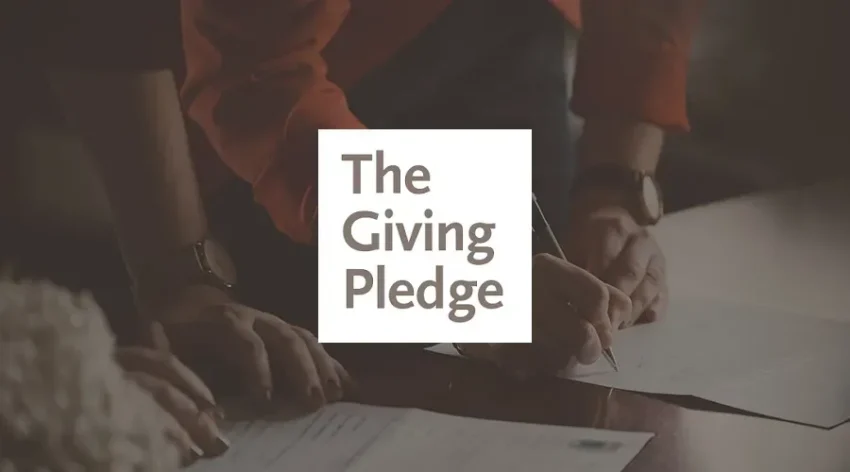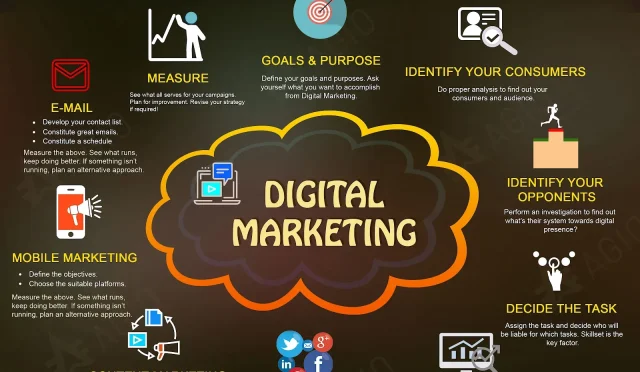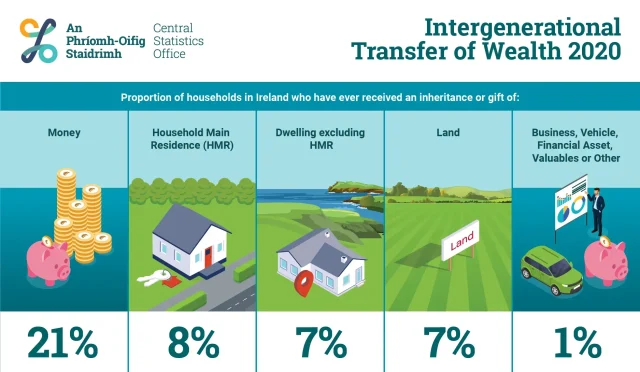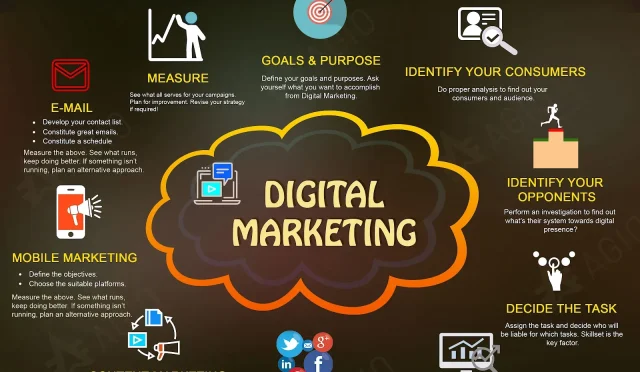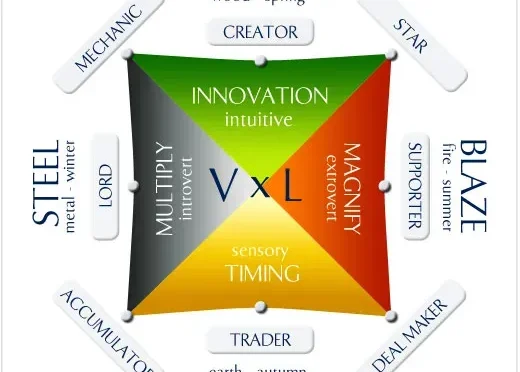The Giving Pledge, a groundbreaking initiative launched by Bill and Melinda Gates along with Warren Buffett in 2010, calls on the world’s wealthiest individuals to commit at least 50% of their fortunes to philanthropy. This ambitious movement seeks to address wealth inequality by encouraging billionaire donations that not only transform lives but also set new standards in charity commitments. However, recent reports reveal that many signatories have significantly increased their wealth since joining, with a large portion of charitable contributions being funneled into private foundations and donor-advised funds rather than directly supporting impactful operational charities. The pledge aims to inspire a culture of generosity that ultimately helps confront urgent social challenges, but its effectiveness is continuously scrutinized. As the landscape of philanthropy evolves, the Giving Pledge stands at the forefront of discussions surrounding responsible wealth distribution and its implications on society.
The charitable commitment known as the Giving Pledge represents a proactive approach among the affluent to utilize their resources for societal good. By inviting billionaires to dedicate a significant portion of their accumulated wealth to various philanthropic causes, this movement underscores the importance of addressing pressing issues linked to wealth disparity. While many wealthy individuals express intentions through their promises, the actual execution often raises concerns, as evident from recent analysis indicating that a significant fraction of pledgers still prioritize funding intermediaries over operational charities. This discussion invites a deeper look into how such commitments can truly reshape the roles of philanthropy and financial influence in a society striving to overcome generational poverty and enhance overall welfare.
Understanding the Giving Pledge: Its Impact and Limitations
The Giving Pledge, initiated by Bill and Melinda Gates and Warren Buffett in 2010, aimed to transform the philanthropic landscape by urging billionaires to publicly commit to donating at least half of their wealth to charitable causes. This initiative highlights a key trend in philanthropy, where the wealthiest individuals are called upon to address pressing social issues such as wealth inequality and access to education and health services. However, the impact of this pledge has been a mixed bag, with a significant portion of donations being funneled into private foundations and donor-advised funds, rather than supporting operational charities directly. As a result, while the pledge creates a moral obligation, its fulfillment is complicated by the mechanisms of charitable giving that often prioritize tax benefits over immediate community needs.
A recent report by the Institute for Policy Studies underscores the limitations of the Giving Pledge, revealing that many signatories have substantially increased their wealth since making the commitment. This raises critical questions about accountability and the effectiveness of billionaire donations in combating social issues. Despite the intentions behind the pledge, the findings indicate that the actual philanthropic outputs are insufficient when juxtaposed with the rapid accumulation of wealth among the pledgers. This disconnect casts doubt on the transformative potential of such initiatives and emphasizes the necessity for ongoing discussions about effective philanthropy and the role of the ultra-rich in fostering public good.
The Role of Donor-Advised Funds in Philanthropy
Donor-advised funds (DAFs) have emerged as a prevalent vehicle for charitable giving among the wealthy, allowing individuals to make contributions while retaining significant control over when and how those funds are distributed. This model benefits from favorable tax treatment, incentivizing billionaires to contribute to DAFs for potential deferred philanthropic impacts. However, the growing reliance on DAFs raises concerns about the actual amount of money reaching operational charities. With a substantial percentage of Giving Pledge donations being allocated to these funds, critics argue that the system allows for considerable resources to remain in limbo rather than addressing urgent social challenges at the ground level.
The implications of donor-advised funds on wealth inequality cannot be overlooked. While they provide a flexible approach to charitable giving, they can also perpetuate a cycle where wealthy individuals maintain influence over philanthropic outcomes. Critics advocate for reforms that would ensure greater transparency and faster disbursement of funds from DAFs to active charities. The conversation surrounding DAFs and the Giving Pledge reflects a broader dialogue on the nature of philanthropic commitments and their effectiveness in reducing wealth disparities and fostering social justice. Addressing the structural challenges within the philanthropic sector is vital to redirecting wealth into meaningful community support.
Philanthropy as a Response to Wealth Inequality
Philanthropy has long been viewed as a potential remedy for wealth inequality, especially as society grapples with growing disparities in income and opportunity. The Giving Pledge aims to harness the financial power of billionaires to effect positive change in areas like education, health, and social welfare. However, the effectiveness of this approach remains contentious, particularly when assessing how these donations are structured. Large donations often land in private foundations and intermediary organizations, which can lead to bureaucratic bottlenecks, limiting the immediate benefit to those in need. As the wealthy accumulate wealth at an unprecedented rate, the urgency for systemic reform in charitable giving becomes more pressing.
The notion that philanthropy can serve as a bandage for deeper systemic issues is challenged by the fact that while donations flow in, societal inequalities persist or even widen. The Giving Pledge itself, while noble in intention, has not resulted in substantial shifts toward addressing the underlying causes of inequality. This paradox calls for a reevaluation of how philanthropy is approached. Advocates for social reform urge that philanthropic efforts must be accompanied by structural changes in wealth distribution to truly combat wealth inequality. Otherwise, the cycle of wealth accumulation will continue, and philanthropy may inadvertently become a means of maintaining the status quo rather than driving significant transformation.
The Great Wealth Transfer: Opportunities and Dangers
The upcoming Great Wealth Transfer—projected to shift trillions from the baby boomer generation to their heirs—presents both opportunities and challenges for philanthropy. This unprecedented redistribution of wealth could enable a new wave of charitable giving, potentially driving significant philanthropic initiatives. However, without intentional direction, there is a risk that this wealth will merely bolster existing power structures, reinforcing wealth inequality rather than alleviating it. The Giving Pledge’s role in this transition is pivotal, as it continues to invite billionaires to confront their philanthropic responsibilities amidst the impending transfer.
Addressing the potential pitfalls of the Great Wealth Transfer, experts emphasize the importance of fostering a culture of giving that prioritizes collective well-being over individual gain. The challenge lies in ensuring that the generous intentions of new billionaires translate into effective charitable commitments that address urgent social needs. As the wealthy grapple with the legacy of their contributions, the Giving Pledge must evolve to encourage accountability while promoting a reimagined approach to philanthropy that aligns with the principles of equity and social justice. This shift can reshape the philanthropic landscape, encouraging a return to more substantive contributions that actively seek to dismantle systemic barriers, rather than perpetuating them.
Calls for Reform in Philanthropic Practices
The discourse surrounding the Giving Pledge has sparked significant calls for reform within the philanthropic sector. Critics argue that the current mechanisms governing charitable giving often prioritize tax benefits and assets retention over genuine community engagement and support. The report from the Institute for Policy Studies advocates for heightened transparency, minimum payout requirements, and accelerated distribution of funds from private foundations and donor-advised funds. By implementing these reforms, philanthropists can better fulfill their commitments and direct resources to operational charities where they are most needed.
Moreover, advocates highlight the necessity for philanthropy to align with public accountability, urging legislation that addresses potential abuses of charitable vehicles designed for personal gain. The Giving Pledge presents a foundational ethos centered on generosity, yet it must adapt to address the shortcomings identified in its implementation. By embracing a more accountable and socially conscious approach to philanthropy, we can hope to create a landscape where substantial wealth is utilized effectively to combat society’s most pressing challenges, rather than being parked in foundations where impact is deferred.
The Future of Billionaire Philanthropy: Trends and Insights
As we look toward the future of billionaire philanthropy, trends indicate a shift towards more collaborative and innovative approaches to charitable giving. The Giving Pledge has fostered a new norm whereby the ultra-wealthy are not just donors, but active participants in societal change. This evolving landscape encourages shared learning and collaboration across the philanthropic community, broadening the impact of individual contributions. However, the challenge remains in ensuring that these collaborations translate into tangible support for operational charities rather than remaining within the confines of wealth management strategies.
Another emerging trend is the increasing public scrutiny of billionaire donations. With a rising awareness of wealth inequality, there is growing pressure on philanthropists to be more transparent about their giving strategies and the impact of their contributions. As societal expectations evolve, those who engage with initiatives like the Giving Pledge may need to reassess their approaches, seeking deeper engagement with the communities they aim to support. The focus will likely shift toward more direct intervention methods that empower marginalized groups rather than merely funding institutions that preserve existing power dynamics.
Measuring the Impact of Philanthropic Commitments
The measurement of impact remains a crucial challenge for initiatives like the Giving Pledge. With billions of dollars pledged for charitable commitments, the question arises: how are these funds being utilized, and what tangible outcomes are being achieved? Many signatories to the Giving Pledge have backed initiatives that are not only sustainable but also capable of delivering significant social change. However, the concentration of wealth in private foundations often complicates the assessment of real impact, making it essential to establish metrics that effectively evaluate the contributions made by billionaires.
To address these challenges, the philanthropic community must embrace rigorous evaluation frameworks that go beyond mere financial thresholds and focus on real-world outcomes. This involves assessing not just how much money is given away, but how effectively those resources are employed to address systemic issues like poverty, education disparities, and health inequities. With meaningful measurement, philanthropists can adapt their strategies to ensure they are truly meeting the needs of the communities they wish to serve, ultimately enhancing the potential of the Giving Pledge and other similar initiatives to foster social justice and equity.
Philanthropic Responsibility in a Global Context
As globalization continues to shape our interconnected world, the responsibilities that come with philanthropy have extended beyond national boundaries. The Giving Pledge, while rooted in a primarily American context, raises important questions about global wealth inequality and the role of philanthropy in addressing international issues. Billionaires who commit to charitable giving in their home countries must also consider how their influence and resources can impact global challenges, including climate change, health crises, and human rights concerns.
Philanthropic responsibility requires a nuanced understanding of the complexities surrounding global issues. The shift towards localized giving has been highlighted by some signatories of the Giving Pledge, who emphasize the importance of supporting grassroots efforts that empower communities. This direction also calls for a re-evaluation of how wealth is managed in a global context, ensuring that philanthropic initiatives do not perpetuate existing inequities or undermine local efforts. By embracing a more inclusive approach, billionaire philanthropy can pave the way for collaborative solutions to global challenges, ultimately contributing to a fairer, more just world.
The Ethics of Philanthropy: Navigating Moral Dilemmas
The ethical dimensions of philanthropy are increasingly prominent as billionaires wield unprecedented influence over societal shaping through their donations. The Giving Pledge, while founded on the principles of altruism, also brings forth moral dilemmas regarding the actions of the wealthy in addressing systemic problems. As power becomes concentrated in the hands of a few, the question arises: should philanthropy be viewed as a means of self-serving legacy building or as a genuine commitment to societal improvement? Stakeholders in the philanthropic community must grapple with these complex issues to ensure that their actions align with a broader ethical framework.
Conversations surrounding the ethics of philanthropy also necessitate scrutiny over the intentions behind charitable giving. For many billionaires, philanthropy serves not just as a means to impact society but also as a strategic approach to managing public perception and maintaining wealth. The reliance on tax exemptions and the creation of private foundations often distorts the original altruistic goals. Thus, developing ethical guidelines that promote responsible giving can help navigate these moral dilemmas, ensuring that charitable commitments genuinely serve the public interest while fostering accountability within the philanthropic sector.
Frequently Asked Questions
What is the Giving Pledge and how does it relate to philanthropy?
The Giving Pledge is a fundraising initiative launched in 2010 by Bill and Melinda French Gates and Warren Buffett, which encourages billionaires to commit to giving away at least 50% of their wealth to philanthropy, either during their lifetime or after. It aims to inspire greater philanthropic efforts and address wealth inequality by promoting significant charitable commitments among the world’s wealthiest individuals.
How many billionaires have signed the Giving Pledge?
As of now, 256 individuals, couples, or families have signed the Giving Pledge, including 194 from the United States. This group represents about 13% of all U.S. billionaires.
What challenges have been identified regarding the fulfillment of the Giving Pledge?
Reports indicate that many Pledge signers have not fulfilled their commitments, with a majority of donations being directed toward private foundations and donor-advised funds instead of operational charities. This indicates that while billionaires are pledging, actual charitable contributions are not meeting the expectations of the initiative, highlighting concerns over wealth accumulation outpacing charitable giving.
What is the impact of the Giving Pledge on wealth inequality?
The Giving Pledge aims to address wealth inequality by encouraging billionaires to donate significant portions of their wealth to philanthropic causes. However, critics argue that the implementation of the pledge has not effectively reduced wealth inequality, as most signers have increased their wealth since making the pledge, which undermines its intended impact.
How does the Giving Pledge influence billionaire donations?
The Giving Pledge serves as a moral commitment for billionaires to enhance their philanthropic activities. However, many signers have diverted their donations into private foundations and donor-advised funds, leading to concerns about the actual impact on charitable causes and the potential for concentration of philanthropic power.
What are the criticisms of the Giving Pledge initiative?
Critics of the Giving Pledge have raised concerns about the lack of transparency in how donations are allocated and the effectiveness of the pledge in driving meaningful charitable contributions. Reports suggest that many signers prioritize tax deductions and legacy interests over immediate public benefits, leading to calls for reforms in how philanthropy is managed.
What reforms are suggested to improve the effectiveness of the Giving Pledge?
To enhance the impact of the Giving Pledge, reforms such as increasing payout requirements from foundations, ensuring quicker distribution of funds to charities, and promoting transparency and accountability are recommended. These changes aim to align billionaire philanthropy with the public interest and combat wealth inequality.
How does the Giving Pledge relate to donor-advised funds (DAFs)?
The Giving Pledge has been criticized for its connection to donor-advised funds (DAFs), as a significant portion of pledged wealth has been directed into these funds rather than directly to charitable organizations. This raises concerns over the slow distribution of funds and the potential for billionaires to maintain control over their donations.
Can the Giving Pledge be considered legally binding?
No, the Giving Pledge is a moral commitment rather than a legally binding contract. Participants sign an open letter to express their philanthropic intentions, but there are no legal obligations to fulfill their pledges.
What notable success stories emerge from the Giving Pledge?
Among the signers of the Giving Pledge, Laura and John Arnold stand out as the only living individuals who have fully given away half of their wealth as they pledged. Additionally, Chuck Feeney is renowned for donating his entire fortune during his lifetime, exemplifying the ‘giving while living’ ethos.
| Key Point | Details |
|---|---|
| Initiative Launch | The Giving Pledge was launched in 2010 by Bill and Melinda Gates and Warren Buffett. |
| Pledge Requirements | Signatories commit to giving away at least 50% of their wealth during their lifetime or in their wills. |
| Participation Stats | 256 individuals, couples, or families have signed the pledge, including 194 from the U.S. |
| Charitable Impact | Millions pledged, but most funding goes to private foundations, not direct charities. |
| Fulfillment of Pledge | Few have honored the pledge; only 1 out of 22 deceased Pledgers fulfilled it fully. |
| Effects on Tax Revenue | Potential donations to meet the pledge could lead to significant federal tax revenue loss. |
| Criticism | The Giving Pledge has been criticized for allowing wealth concentration and limited direct charitable impact. |
| Policy Recommendations | Reports suggest increasing payout requirements and enhancing transparency for foundations. |
Summary
The Giving Pledge represents a significant initiative aimed at encouraging the world’s wealthiest individuals to commit to philanthropy. Despite its noble intentions, recent analyses reveal a concerning gap between the wealth accrued by signatories and the actual charitable contributions made. As reported, while the Pledge aims to inspire generosity among billionaires, its current fulfillment rates suggest a need for systemic reforms. It is crucial for the philanthropic community to address these challenges to ensure that the spirit of the Giving Pledge translates into tangible benefits for society, ultimately fostering a culture of true altruism.

